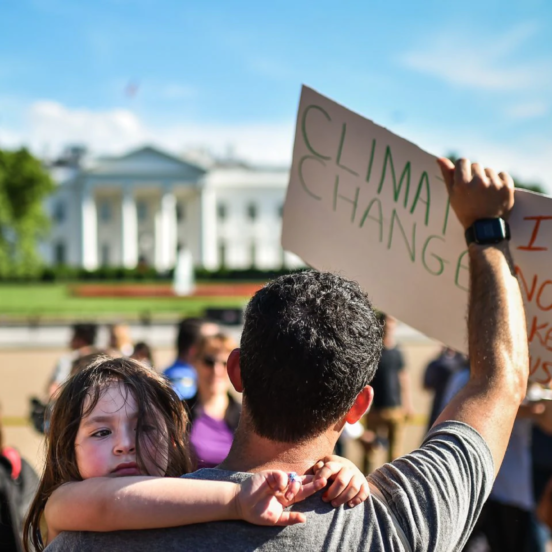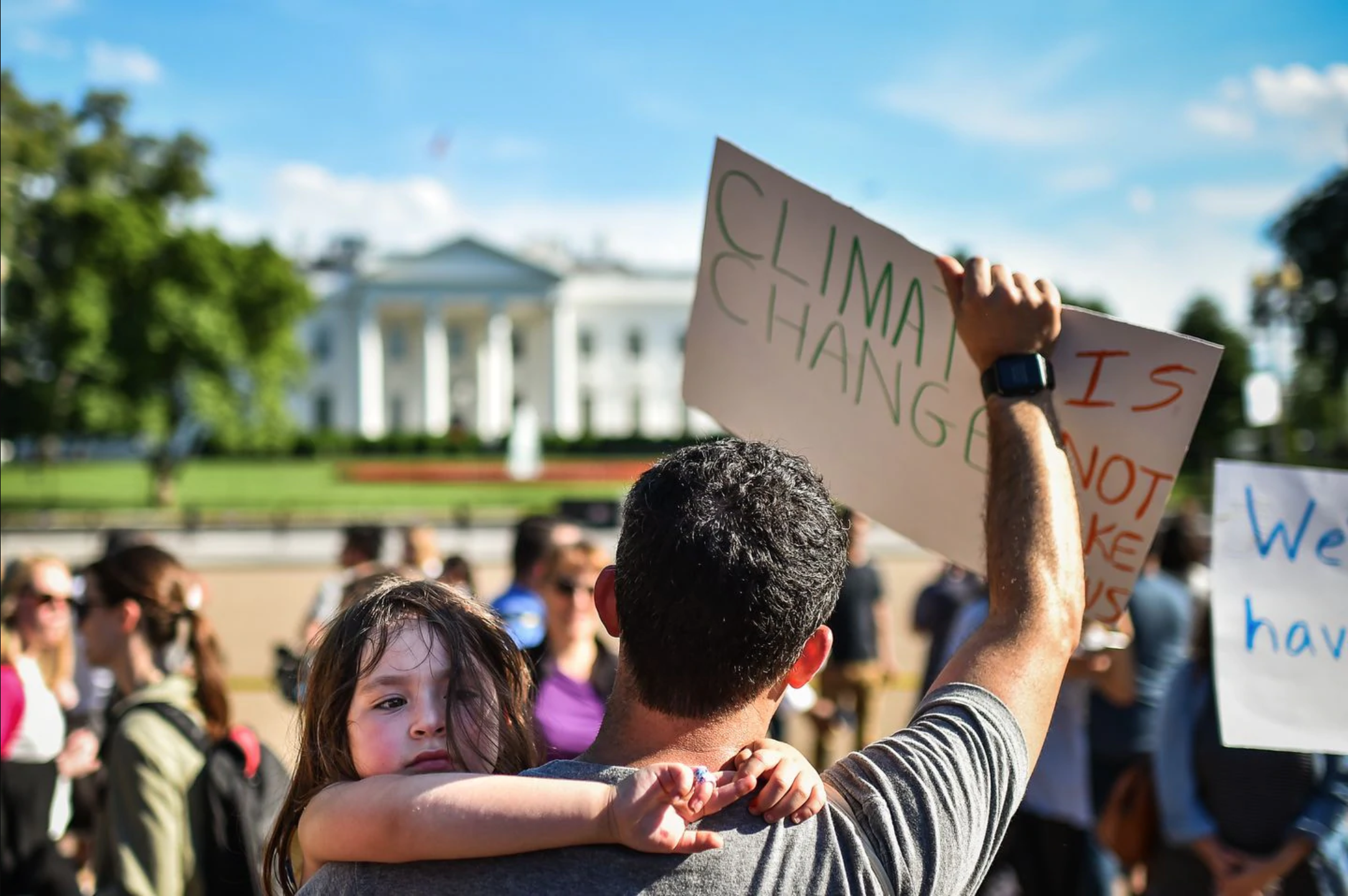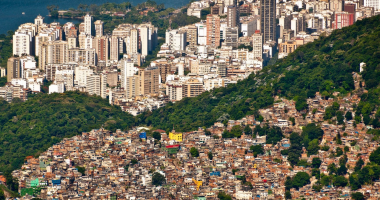Climate, Health and Equity Brief
Paris, Virginia and Kentucky
November 8, 2019

| Hot Topic: Politics. In a long-expected move, the Trump administration formally notified the United Nations on Monday that it will withdraw the United States from the Paris Agreement. The move came on the first day possible under the accord’s complex rules, and starts the clock on the U.S. exit, which will go into effect on November 4, 2020—one day after the U.S. presidential election. The administration has cited the Agreement’s imposition of “intolerable burdens on the American economy” as the reason for withdrawal.
The decision has received substantial criticism internationally, and here in the U.S., leaders and citizens continue to fight back. Governors from 24 states and Puerto Rico formed the United States Climate Alliance to continue their work to meet Paris goals. Thousands of municipal, tribal, civic and business leaders have signed the We Are Still In declaration pledging the same. And voters made their wishes clear in state elections Tuesday that signaled, in part, the power of climate as an electoral issue. In Virginia, the Democratic Party embraced an aggressive clean energy stance and took control of both the House and Senate. Ahead of the election, polls showed that more than 60 percent of Virginians wanted government action on climate, and the issue was a top concern young Virginia voters. The news in Kentucky was no less dramatic, with the Democratic candidate securing a narrow victory over the climate change-doubting governor in a state that voted for Mr. Trump by a 30-point margin in 2016. Above all, these results are a sign of hope that America may once again retake its place on the right side of history once the American majority that supports climate action has had its say. —Matt & Traci, GMMB |
Politics & Economy
The Trump Administration has begun its official withdrawal from the Paris Agreement, separating the U.S. from global efforts to curb the effects of climate change. (The New York Times)
Democrats campaigning on a clean energy platform flipped Virginia’s House and Senate and narrowly defeated Kentucky’s governor on Tuesday, showing that the fight against climate change is gaining traction, even in traditionally conservative states. (Vox, Our Daily Planet)
Scientists have labeled 75 percent of current Paris Agreement pledges insufficient to prevent the worst effects of climate change and are calling upon the world’s biggest greenhouse gas emitters to step up their efforts. (Reuters)
Health
The American Psychological Association’s annual Stress in America survey reveals that uncertainty about climate change is a major source of stress for 56 percent of U.S. adult voters. (The Huffington Post)
Toxic air pollution in Delhi, India reached levels so high this week that they exceeded the measurement capability of some particle sensors, leading officials to declare a public health emergency. (Time)
The Zika virus is now being acquired and transmitted locally in Europe as increasing temperatures create favorable breeding conditions for mosquitoes across the continent. (Telegraph)
Equity
In Kentucky, flood-prone areas in close proximity to surface mines are inhabited by the poorest residents, putting them at serious risk. (Mother Jones)
A Yale professor’s research finds that we don’t need to choose between mitigating climate change and ensuring that people in the world’s poorest countries have access to adequate nutrition, sanitation, refrigeration, mobility, education, and basic health care. (The New York Times)
Action
The New Zealand Parliament passed landmark legislation this week—with historic cross-party support—that commits the nation to reducing its carbon emissions to zero by 2050. (The Guardian)
More than 11,000 scientists from around the world released a report declaring a climate emergency and provided six broad policy goals that must be met to address it. (The Washington Post)
More than 1,000 Google employees have issued a letter demanding that the company eliminate greenhouse gas emissions by 2030 and cut all ties to climate change deniers and contributors. (The Verge)
San Jose, CA is among three Bay Area cities to ban natural gas in an effort to reduce carbon emissions, promote electricity use and combat the effects of climate change. (The Mercury News)
Kicker
A moving photo exhibit shows the entwined nature of inequality and climate change as the world’s poorest populations grapple with the earliest and greatest threats posed by a warming planet.
|
“The Paris Agreement implements duty of international cooperation, required by human rights as well as common sense…I’m confident that the U.S. will someday reverse its unsustainable course and rejoin the Paris Agreement. I look forward to that day.” |
|
Have feedback on this issue? Email us. |






